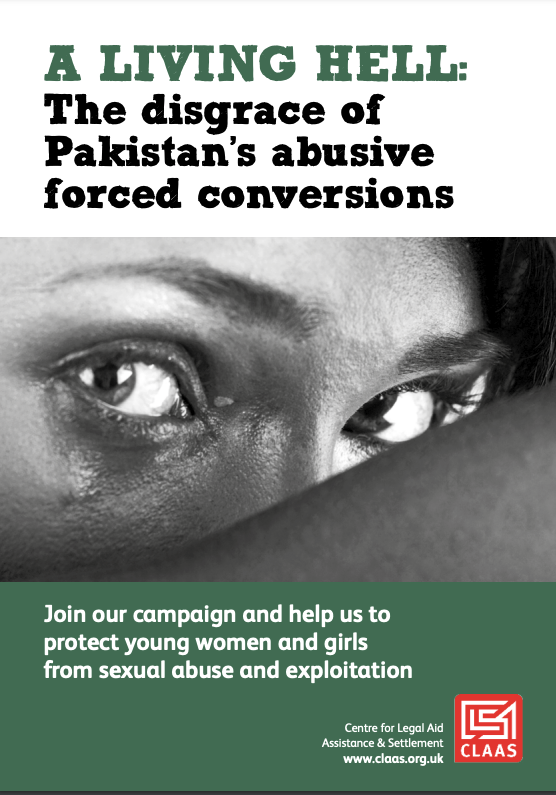In a heart-wrenching turn of events, Adeeba Amjad, a young Christian female teacher abducted on May 16, 2023, from her home in Pak Colony, Lassi Road, Hub, Baluchistan, remains separated from her family due to a biased court decision, despite her fervent desire to return. This situation raises grave concerns about justice and minority rights in Pakistan.
Adeeba’s ordeal began when she taught at a local private school in Hub, Baluchistan, owned by businessman Muhammad Bashir. Pandemic-induced financial difficulties led to job losses for many teachers, including Adeeba. Bashir offered alternative employment within his other businesses, such as medicine dealing and a motorbike showroom, to several affected teachers, including Adeeba.
In 2022, Adeeba’s parents arranged her engagement to a Christian young man. Despite concerns about her choice’s acceptance by her future in-laws, Adeeba resigned from her teaching position.
Tragedy struck on May 16, 2023, when Muhammad Bashir, Adeeba’s former employer, forcibly abducted her from her home, sending shockwaves throughout the Christian community.
An FIR under section 365-B was filed at the Bayroot Hub Police Station, District Lasbela, Baluchistan, on May 19, 2023. The police investigation has made limited progress in locating Adeeba or ensuring her safe return, sparking concerns of bias in favour of the kidnappers.
Adeeba’s father, Amjad Masih, expressed shock at the court’s decision to deny Adeeba’s return home despite her confession statement under section 164, where she expressed her desire to live with her parents.
Nasir Saeed, Director of CLAAS-UK, expressed grave concerns over the judgment, emphasizing that judges should base their decisions solely on the law and merit. After Adeeba’s statement in court under section 164, imposing a decision against her will is legally unacceptable.
However, it has come to light that Adeeba is being threatened by her abductors. She has repeatedly contacted her family, expressing her fear for her life and her family’s safety. Shockingly, a previous statement Adeeba made in court, where she expressed her desire to return to her parents, was tampered with by a female judge. The judge, under questionable circumstances, declared Adeeba married and ineligible to go back to her parents, as the abductor hails from a wealthy family.
This bias puts Christian and Hindu minor girls at great risk, subjecting them to abuse and sometimes even prostitution. Their suffering continues until they are allowed to return home, often with kidnappers escaping punishment.
Adeeba’s case underscores the urgent need for international attention to address the ongoing persecution of religious minority girls in Pakistan. While both the Pakistani government and the courts are aware of this issue, the international community must play a more active role in ending their persecution.
In Pakistan, a dire and distressing pattern has emerged within the legal system, where the rights and safety of Christian minor girls hang in the balance. Cases of abduction and forced conversion, often followed by biased court rulings, have created a grave situation that demands international attention and action, casting a dark shadow over these young girls and their families as they grapple with injustice, persecution, and the persistent threat of harm.










